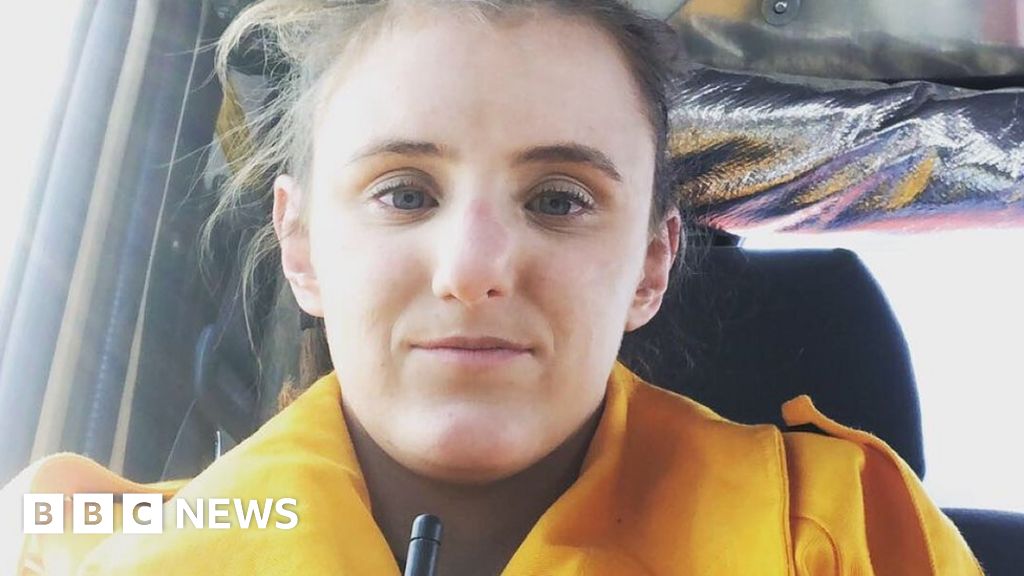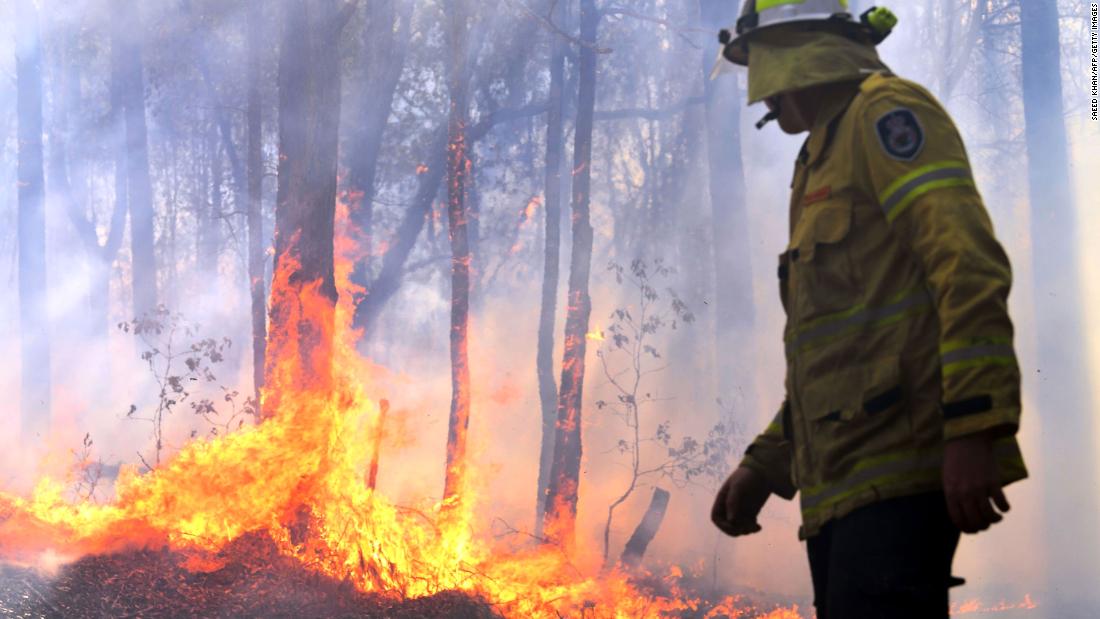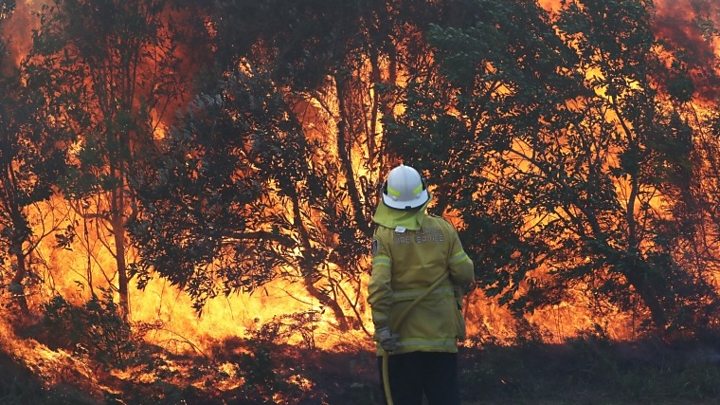Kiss have been forced to cancel their entire Australian tour due to illness affecting Paul Stanley.
It was reported earlier this week that Kiss had pushed back the start of the tour and cancelled their trip to New Zealand to allow Stanley to recover from a bout of flu.
But the vocalist and guitarist also has a throat infection, meaning all eight dates have had to be cancelled.
A statement reads: “Kiss and both promoters are absolutely gutted by the news and sincerely apologise to fans. Earlier this week it was announced that US doctors had advised Paul Stanley to rest due to a bad case of influenza, prompting the rescheduling of the tour’s first show in Perth to the end of the run and the cancellation of New Zealand.
“It was hoped the extra few days rest would allow Stanley the chance for a complete recovery so the tour could proceed as planned. Unfortunately this has not occurred. Stanley has an additional infection in his throat requiring complete vocal rest and medication for at least two weeks and possibly longer.”
Stanley adds: “Words cannot begin to convey our massive disappointment in having to cancel our End Of The Road tour of your incredible country. Our connection to you is unparalleled and decades deep.
“We waited as long as we could and held out hope to the last minute that my situation would clear up and we would be able to march forward. Doctor’s orders ultimately have taken precedence and finally we now find ourselves with no choice but to surrender.”
Tickets that were bought with a debit or credit card will be refunded in full, while those buying tickets through an agency in cash will be contacted in the next 15 days where a refund will be arranged.
In better news, Kiss have added four more dates to next summer's European schedule, as well as a date in South Africa. Details below.
Last week, Kiss manager Doc McGhee revealed that former members of the band have been approached about the possibility of playing at their last-ever show, which will take place in New York on July 17, 2021.
The venue has still to be announced, with Kiss also recently revealing a further run of 2020 tour dates.
Kiss: Cancelled Australian tour dates
Nov 19: Adelaide Entertainment Centre
Nov 21: Melbourne Rod Laver Arena
Nov 22: Melbourne Rod Laver Arena
Nov 23: Newcastle Supercars 500
Nov 26: Sydney Qudos Bank Arena
Nov 28: Brisbane Entertainment Centre
Nov 30: Melbourne Rod Laver Arena
Dec 03: Perth RAC Arena
Kiss: 2020 European Tour (including South African date)
Jun 09: Paris Accors Hotel Arena, France
Jun 12: Download Festival, Derby UK
Jun 14: Dortmund Westfalenhalle, Germany
Jun 15: Hamburg Barclaycard Arena, Germany
Jun 18: Copenhagen Copenhell Festival, Denmark
Jun 20: Sandnes Osterhuis Arena, Norway
Jun 29: Kaunas Zalgiris Arena, Lithuania
Jul 01: Prague O2 Arena, Czech Republic
Jul 05: Madrid Wizink Arena, Spain
Jul 10: Frankfurt Festhalle, Germany
Jul 11: Stuttgart Schleyerhalle, Germany
Jul 13: Verona Arena Di Verona, Italy
Jul 15: Gliwice Arena, Poland
Jul 16: Budapest Arena, Hungary
Jul 18: Sofia Armeec Arena, Bulgaria
Jul 25: Johannesburg Ticketpro Dome, South Africa

https://www.loudersound.com/news/kiss-forced-to-cancel-entire-australian-tour
2019-11-14 09:26:00Z
52780435936845





